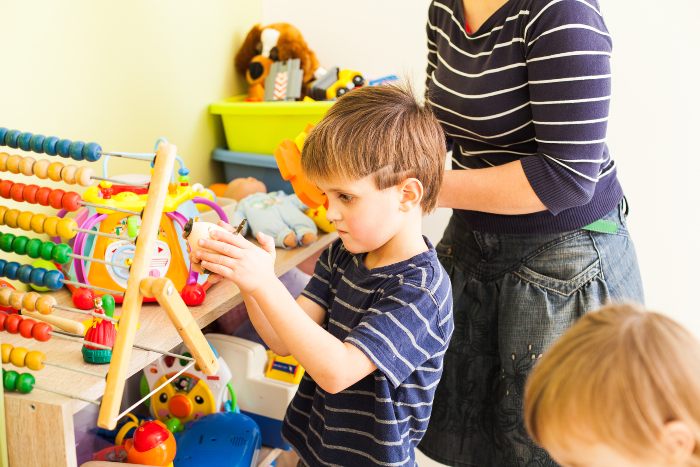As parents, we all want the best for our children. We want them to grow up happy, healthy, and well-adjusted. One of the best ways to achieve this is by giving them plenty of time for play. Playtime is not just a way for kids to have fun, but it is also essential for their physical, social, and emotional development. In this article, we will explore the importance of playtime for children and provide some tips for parents to encourage more play in their children’s lives.
Why is Playtime Important?
Playtime is crucial for the development of children in several ways. Here are a few reasons why:
- Physical Development
Playtime helps children develop their gross and fine motor skills. Running, jumping, climbing, and throwing are all activities that can help children develop strength, balance, and coordination. Fine motor skills, such as drawing, painting, and playing with small objects, help develop hand-eye coordination and dexterity.
2. Cognitive Development
Playtime can also help children develop their cognitive skills. For example, when children play with blocks, they learn about size, shape, and spatial relationships. When they play with puzzles, they develop problem-solving skills. When they engage in imaginative play, they learn to think creatively and use their imagination.
3. Social Development
Playtime is an excellent opportunity for children to develop social skills such as sharing, cooperation, and communication. Playing with others can help children learn to take turns, negotiate, and resolve conflicts. It can also help them develop empathy and understand other people’s feelings.
4. Emotional Development
Playtime can help children develop their emotional skills. For example, when children engage in imaginative play, they can act out different scenarios and emotions, helping them understand and regulate their emotions. Playtime can also be a great stress reliever for children, helping them feel relaxed and happy.
Tips for Encouraging Playtime
Now that we understand the importance of playtime, here are some tips for parents to encourage more play in their children’s lives:
5. Set aside time for play
Make playtime a priority by scheduling it into your child’s day. Even if it’s just 15 minutes a day, having a dedicated time for play can help ensure that your child gets the playtime they need.
6. Provide a variety of toys and materials
Offer a variety of toys and materials that encourage different types of play. For example, provide blocks, puzzles, art supplies, and dress-up clothes. This variety can help keep playtime fresh and exciting.
7. Allow for unstructured play
Sometimes the best play is unstructured play, where children can use their imaginations and creativity to come up with their games and activities. Provide some open-ended materials such as cardboard boxes, blankets, and pillows, and let your child’s imagination take over.
8. Join in on the play
Playing with your child can be a great way to bond and build a relationship. It can also help model positive play behaviors such as sharing, taking turns, and communication.
9. Encourage outdoor play
Outdoor play offers many benefits, such as fresh air, exercise, and the opportunity to explore the natural world. Encourage your child to play outside by providing outdoor toys such as balls, bikes, and scooters.
Conclusion
In conclusion, playtime is essential for the physical, cognitive, social, and emotional development of children. As parents, we can help our children get the playtime they need by setting aside time for play, providing a variety of toys and materials, allowing for unstructured play, joining in on the play, and encouraging outdoor play.
